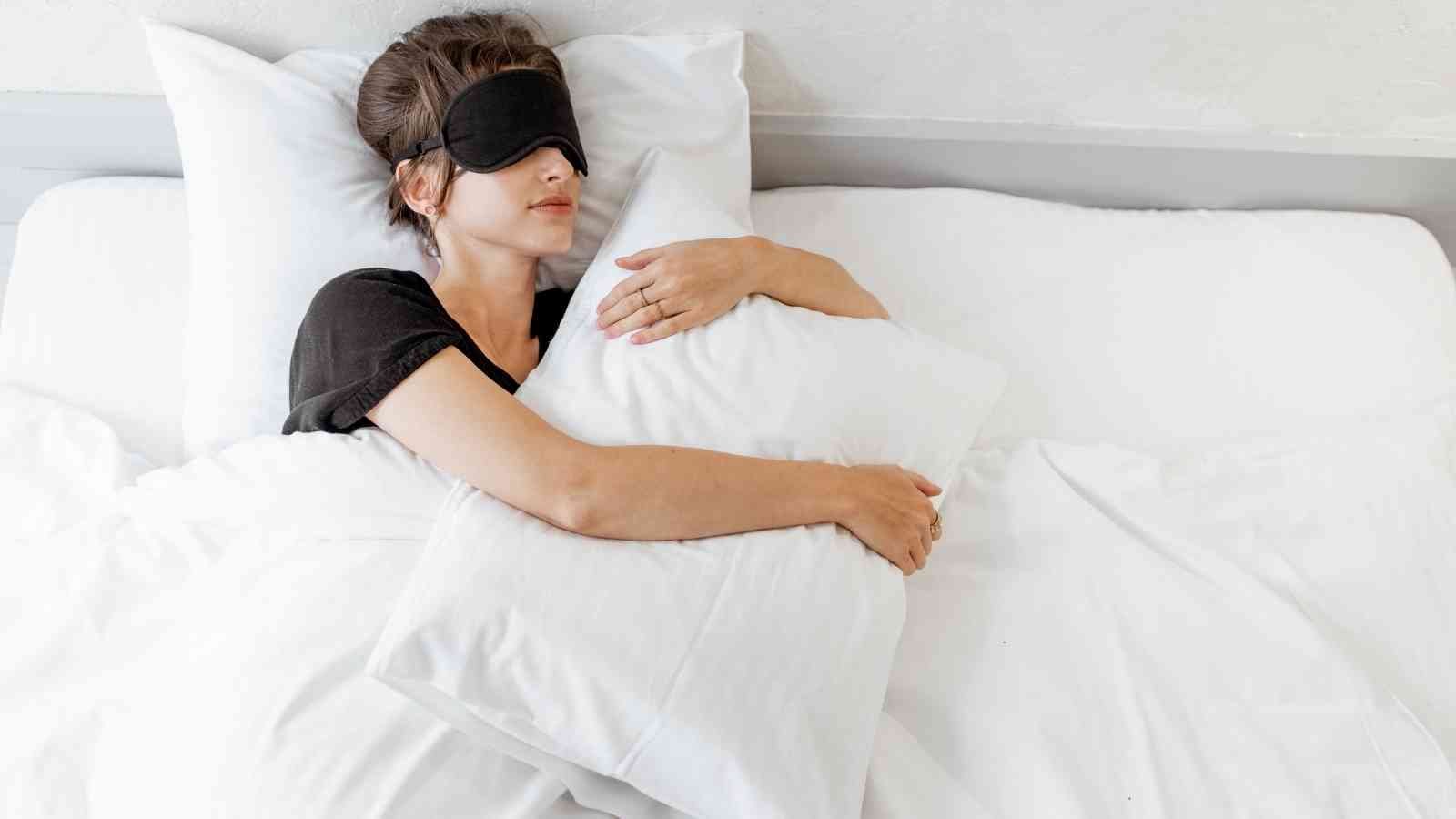Getting a good night's sleep is essential for your health and well-being. Unfortunately, many people struggle with insomnia or other sleep disorders that make it difficult to get the rest they need. A sleep patch may be a good solution for you if you are struggling to get quality sleep. In this blog post, we will discuss the pros and cons of using sleep patches to improve your sleep quality.

What Are Sleep Patches?
Sleep patches are small adhesive patches that you apply to your skin before going to bed. The patch releases a slow and steady stream of medication into your bloodstream. This is what helps you fall asleep and stay asleep for the duration of the night. Sleep patches are an alternative to taking sleep medication orally, which can have side effects such as dry mouth, grogginess, and dizziness.
How Do Sleep Patches Work?
The patch is applied to your skin before going to bed and is typically worn for eight hours or more. The patch releases a small amount of medication over time, so there is no need to worry about taking it too close to bedtime and waking up groggy. This is enabled by a process called transdermal application. The medication is slowly absorbed into your bloodstream, so you should start to feel sleepy within 30 minutes to an hour after applying the patch.
Are There Risks to Using Sleep Patches?
There are some risks to using sleep patches, as with any medication. The most common side effect is skin irritation at the site of the patch. If you experience this, stop using the patch and consult your doctor. Other potential side effects include dry mouth, headache, and dizziness. If you experience any of these side effects, please consult your doctor.
Patches may also not be suitable for everyone. If you have a history of heart disease or other medical conditions, please consult your doctor before using a sleep patch. Now that we've discussed what sleep patches are and how they work, let's take a look at some of the pros and cons of using them to improve your sleep quality.
What Are the Benefits of Using Sleep Patches?
Sleep is essential for our health and well-being, but many of us struggle to get enough quality rest. If you're looking for ways to improve your sleep, here are the pros of using sleep patches.
- Convenient: Sleep patches are easy to use and can be applied quickly before bedtime.
- Discreet: Sleep patches are small and discreet, so you can wear them without anyone knowing.
- No/less side effects: Because the medication is slowly released into your bloodstream, there are no side effects such as dry mouth or grogginess.
- Safe: Sleep patches are considered a safe option for treating insomnia and other sleep disorders.
What Are the Cons?
As with anything, there are a few potential drawbacks to using sleep patches that you should be aware of before trying them.
- Cost: Sleep patches can be more expensive than other sleep aids such as pills or herbal teas.
- Skin irritation: Some people may experience skin irritation from the adhesive on the patch.
- Allergic reaction: There is a small risk of having an allergic reaction to the medication in the patch.
As you can see, there are both pros and cons to using sleep patches. Ultimately, the decision of whether or not to use a sleep patch is up to you and your doctor. If you are struggling to get a good night's sleep, talk to your doctor about whether or not asleep patch may be right for you.
Tips for Getting a Good Night’s Sleep.
Now that we've talked about sleep patches and how they can help you sustain your slumber. There are a few more things you can do to improve your overall sleep quality.
- Create a bedtime routine: A bedtime routine can help signal to your body that it is time to wind down for the night. This may include taking a warm bath, reading a book, or writing in a journal.
- Create a sleep-friendly environment: Make sure your bedroom is dark, quiet, and cool. This will create an environment that is conducive to sleep.
- Limit caffeine and alcohol consumption: Caffeine and alcohol can both interfere with sleep, so it is important to limit their consumption before bedtime.
- Exercise regularly: Exercise can help improve your sleep quality by reducing stress and promoting relaxation.
- The bedroom is for sleeping: Try to avoid working or watching television in bed. This will help you associate your bed with sleep.
Sweet Dreams.
If you are struggling to get quality sleep, talk to your doctor if sleep patches may be a good option for you. Each person is different and what works for one person may not work for another. Be sure to discuss all of the pros and cons of each option with your doctor before making a decision.
Do you use sleep patches? What has been your experience? Let us know in the comments below!

Leave a Reply